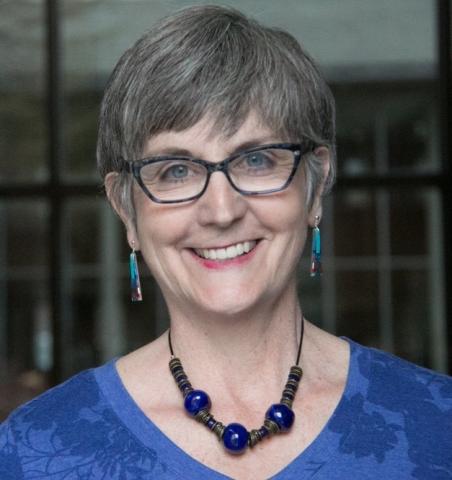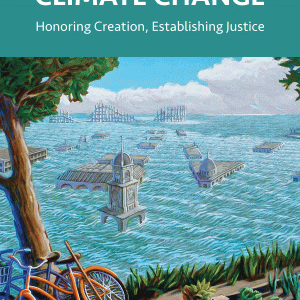
Beth Norcross is the founding director of the Center for Spirituality in Nature in Arlington, Va., and is adjunct faculty at Wesley Theological Seminary in Washington, D.C.
Posts By This Author
The Faith to Change
YET ANOTHER BOOK about climate change. What could it possibly say that we haven’t already heard?
Plenty, it turns out.
David Wallace-Wells’ extraordinary and chilling book The Uninhabitable Earth: Life After Warming gives an overview of the overwhelming scientific consensus that the planet is warming and changing at rates never seen before. But the real value for its readers are the 100 brutal pages of excruciating details about what life will be like if they do not quickly make extraordinary changes to their energy consumption. Wallace-Wells’ central message is that we are living in a time hotter than any other time humans have ever lived in, and we cannot go back in our lifetimes. And looking forward is nothing short of terrifying.
What Would John Wesley Do?
WHILE OPENING a star-studded concert for victims of Hurricanes Harvey and Irma, musician Stevie Wonder remarked: “Anyone who believes that there’s no such thing as global warming must be blind.”
These two major hurricanes had just ravaged Texas, Florida, and much of the Caribbean. While scientists are cautious about ascribing causation to any individual storm, they do not hesitate to say that warming waters and altered weather patterns due to climate change will cause many more such destructive events in the future.
As we watched the horrific scenes on our television screens, one thing was clear—the most vulnerable suffer the most.
Eye on the Sparrow
WHEN I READ about the dire impacts of global warming, I think about Howard Thurman. This might be perplexing to those more familiar with Thurman as the author of Jesus and the Disinherited, a book Martin Luther King Jr. was said to carry with him wherever he went.
While Thurman is well-known as a theologian, prolific writer, mystic, seminary professor, and religious leader, few realize that—well before environmentalism became mainstream—Thurman articulated a complex theology of the “original harmony of creation,” a harmony that human action had significantly disturbed. As he lamented in 1971, “Our atmosphere is polluted, our streams are poisoned, our hills are denuded, wildlife is increasingly exterminated, while more and more [humanity] becomes an alien on the earth and a fouler of [our] own nest.”
From the early years of his life at the start of the 20th century, Thurman’s faith was formed in intimate connection with the natural world—specifically, the Halifax River and northeast Florida woods and coastline, where he wandered and played as a boy. Thurman’s relationship with nature deepened when a heartbreaking event estranged him from organized religion. When he was 7, his beloved father died quite suddenly. The family pastor refused to conduct a funeral because his father was not a regular churchgoer, and a traveling minister who officiated at the service took the opportunity to expound on the dangers of dying “out of Christ”—to the small boy’s wonderment and rage, “preach[ing] my father into hell,” as he later recalled.

